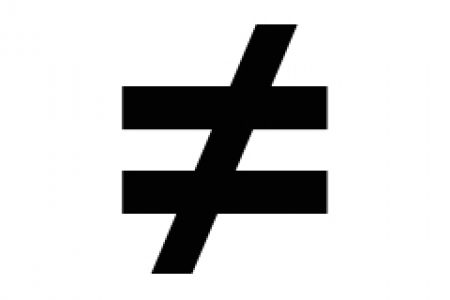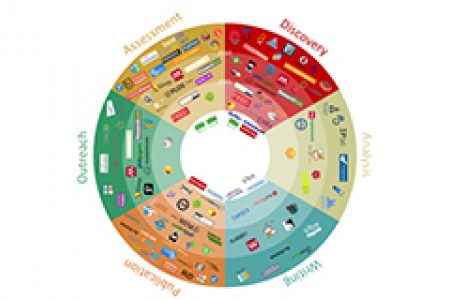Gerard van Westen on Impactstory
Impactstory is the altmetrics provider most focused on researchers. Gerard van Westen agreed to share his thoughts and experiences with the service.
Of all the altmetrics providers I've covered in the past weeks, Impactstory is the one that is most focused on researchers, so I wanted to highlight it in this month's interview. This was harder than you'd imagine, since you can't search Impactstory for its users by their affiliated institute without having an account yourself. Luckily, I found Gerard van Westen, a researcher with the Leiden Academic Centre for Drug Research, who not only had an Impactstory profile, but uses numerous other online research tools as well. As such, it looked like serendipity had brought me a perfect interview subject! Thankfully, Gerard agreed to be interviewed. Here are his thoughts on Impactstory and altmetrics.
Why do you think altmetrics are important to today's researchers?
I think they are a good way to make a worldwide impact and most of all they are a means to interact with people you have not met in person (yet). However I don’t think altmetrics can be a substitute of classic metrics (h-index, medline). That said, for altmetrics I think the effort required to keep profiles up to date is relatively little and worth the potential benefits.
Why did you decide to sign up for an Impactstory account?
Initially it was free and I felt it was a good way to concentrate my combined impact (note that ORCID was not really established yet). As time went by I kept the account as it does get noticed and is a good way to combine classic metrics (peer reviewed journals) with other forms of impact (e.g. Slideshare or Figshare).
What value does it add for you?
Other than the reasons mentioned above, I like the badge that lists the percentage of papers that you have had published open access. I think open access is here to stay and this is an easy reference to use. I do aim to maximize my publications to be open access and for some institutions this is a requirement, to be able to list an up to date % is a pro.
Furthermore, I like the connection to Slideshare and Figshare. In particular the latter is a good way to make presented posters (from conferences) public and easy to locate on the internet.
How does it work for you? Does it take up a lot of time to keep current?
For Impactstory I find it difficult to judge how it works for me. I know people have come across me, or my work through the profile. To keep everything current / up to date is not a big effort per website. However to keep all updated (Impactstory, ORCID, personal website, etc) can take up some time (but still worth the investment).
Do you use any other digital tools or social media?
First and foremost I use Google Scholar. It’s a very good way to track classic metrics (though there are arguments over bias). Google Scholar also provides ‘My updates’, suggested recently appeared papers based on papers that have cited your work. I find this a very useful tool.
Furthermore, I run my own website, this is mostly to provide an overview of my work, publications and to share data. Additionally it provides me with a constant email address that does not change when changing employer.
Next to that I use LinkedIn to connect to colleagues I have interacted with in the past (e.g. worked with). Additionally, I use Twitter as a low threshold way to connect to people I do not know yet. Finally, there is ORCID, which perhaps is not a truly social network but relevant nonetheless. I do work hard not to mix professional social networking with personal life social networking (e.g. Facebook).
Do you have any tips or tricks for people wanting to set up an Impactstory account?
Actually it is rather straightforward. I would encourage people to also use the connected sites like Figshare / Slideshare as this is what sets Impactstory apart from for instance Google Scholar.





